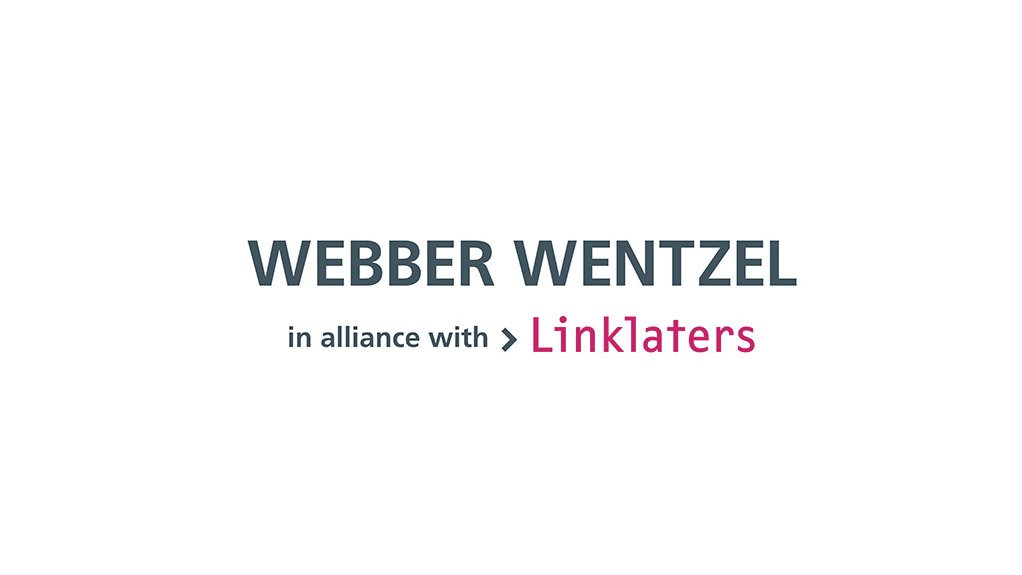On 22 October 2020, The Department of Environment, Forestry and Fisheries (DEFF) issued a notice governing the submission of "Subsequent Pollution Prevention Plans" under the National Environmental Management: Air Quality Act, 2004: National Pollution Prevention Plans Regulations, 2017 (PPP Regulations) and the Proposed process to manage carbon budgets for the period 1 January 2021 to 31 December 2022 (Notice).
PPP Regulations
Under the PPP Regulations, the first Pollution Prevention Plan prepared specifically for the mitigation of greenhouse gases emitted from the listed production processes (e.g. coal mining, production and/or processing of natural gas, iron and steel production) was to cover the period from the date of promulgation of these Regulations until 31 December 2020. As this date is approaching, affected companies conducting the listed production processes are required to reconcile their Pollution Prevention Plans, and to develop and finalise new plans for the subsequent phase covering the period 1 January 2021 to 31 December 2025.
The Notice confirms that companies are given five months from the time the lifespan of the existing Pollution Prevention Plan ceases, to comply with the above process. Thus, the subsequent Pollution Prevention Plans are due for submission on 31 May 2021.
Carbon budget regulations
The Notice also confirms that as soon as the forthcoming Climate Change Bill is promulgated into law, DEFF will publish Regulations for Carbon Budget and Mitigation Plans (i.e. one instrument covering both the carbon budget system and mitigation plans, currently known as pollution prevention plans).
In terms of the current phase of the Carbon Tax Act, 2019 (i.e. 2019 to 2022), taxpayers are eligible for a 5% carbon budget allowance once they participate in the carbon budget system on a voluntary basis. These voluntary carbon budgets have been allocated for the period 2016 to 2020, and they cease to exist on 31 December 2020, at the same time as the lifespan of the current pollution prevention plans under the PPP Regulations.
DEFF is, in pursuit of the above, preparing the carbon budget allocation methodology to be applied for the mandatory carbon budget system which is anticipated to commence with the second phase of the carbon tax on 1 January 2023. The methodology will be consulted on with stakeholders and finalised before the end of March 2021. Once the proposed Climate Change Act is promulgated, the new Carbon Budget Regulations will be linked with the mitigation plan/pollution prevention plan requirements.
DEFF therefore, by this Notice, would like to:
- encourage companies to optionally use the period between 1 January 2021 and 31 December 2022 as a pilot period to pilot the linking of the carbon budgets and mitigation plans with the view that, by the time the carbon budgets become mandatory on 1 January 2023, they would have been using the new system already;
- indicate its intention to use the pilot period to test the new methodology for allocating the carbon budget and encourage companies to volunteer to use the new methodology once finalised. Thus, the methodology which will be used during the mandatory phase will be tested during this period;
- confirm that companies will still qualify for the 5% carbon budget allowance during this pilot period and DEFF will continue to provide a clearance to companies for submission to the National Treasury/South African Revenue Services in order for them to fulfill the requirement for the carbon budget allowance under the Carbon Tax Act, 2019; and
- note that once the proposed Climate Change Act becomes effective, Regulations for Carbon Budget and Mitigation Plans, will be developed, accompanied by the carbon budget methodology and requirements for the content of mitigation plans in preparation for implementation beyond the pilot period transitional arrangement proposed above.
The "carbon budget" is an amount of greenhouse gas emissions permitted, against which direct emissions arising from the operations of a person during a defined time period will be accounted for. It thus appears that the Climate Change Act, once promulgated, will bring an overhaul of the pollution prevention frameworks currently in force.
Written by Gillian Niven, Paula-Ann Novotny, Webber Wentzel
EMAIL THIS ARTICLE SAVE THIS ARTICLE ARTICLE ENQUIRY
To subscribe email subscriptions@creamermedia.co.za or click here
To advertise email advertising@creamermedia.co.za or click here











